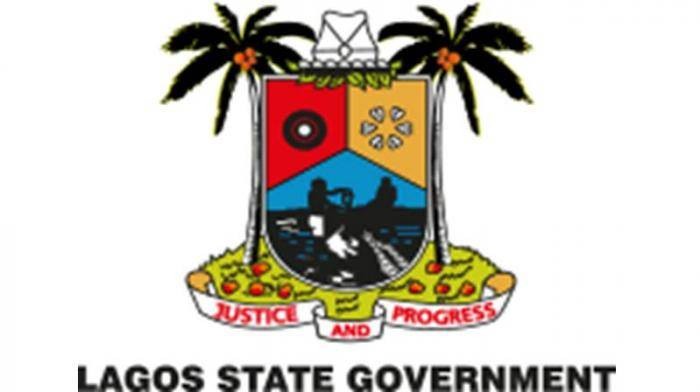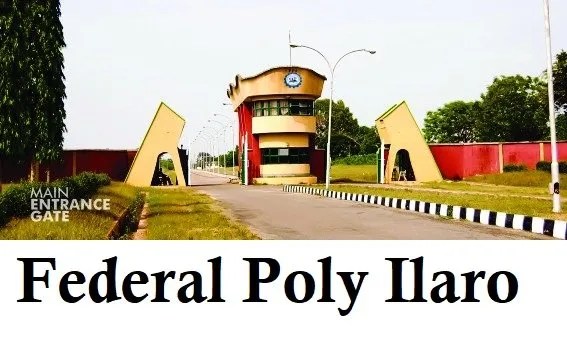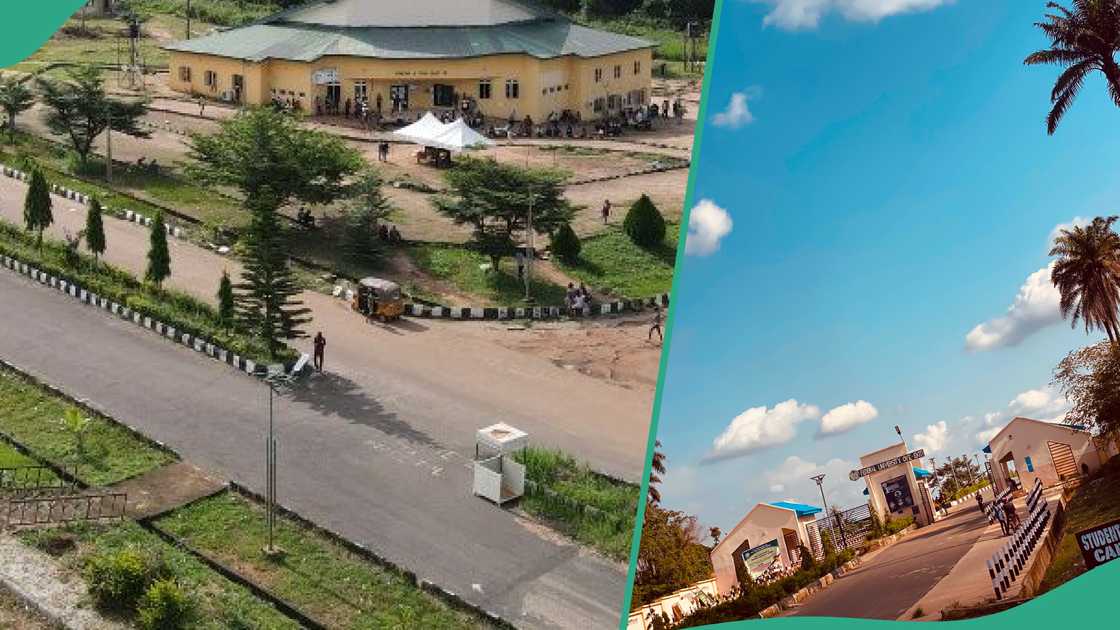
When the idea of open education was muted sometimes ago, opposition against it rose to the high heaven. Most critics of the programme expressed misgivings, saying it would compromise the standard of education in the country.
Apart from compromising the standard of education, most critics also saw it as an attempt by certain individuals in the education sector, to feather their nest and award degrees to their associates.
However, for Peter Okebukola, a distinguished Professor of Science (Education) and Pro-Chancellor of Crawford University, open education if given priority, would accelerate the Nigeria plan for vision 20:2020.
The renowned academic in a lecture he delivered at the second convocation of the National Open University (NOUN), revealed how Open Education could enhance the provision of literacy, numeracy, technical and vocational skills in a flexible, largely-free and learner-friendly manner.
He also emphasized that if open education is in its full bloom in Nigeria, it will catalyze the attainment of vision 20:2020 through human capital development.
According to him, “Full bloom denotes offering education to all Nigerian in an open, unrestricted and flexible manner and in the language they understand, for the development of technical and vocational skills and knowledge. It also means providing a broad range of rich learning resources to citizens in rural areas, formal and informal sectors, through media that is accessible to local communities for the development of skills that will be deployed to boost the economy.
“It means identifying skill gaps in such areas as manufacturing, agriculture, oil and gas and other critical sectors and using open education to close such gaps.
Okebukola in his lecture titled, “Open Education And The March to Vision 20:2020; Can Nigeria Make It?” defined open education as distance education refer to approaches to learning that focus on freeing learners from constraints of time and place, while offering flexible learning opportunities. He affirmed that distance learning gives opportunity to both the old and young to combine family responsibilities and work with educational opportunity. As the set of students who graduated from the NOUN university consist of a large percentage of old and few young people.
The Professor posited that the power of open education that Nigerians anticipate, should be that tailored in pursuit of vision 20:2020, stressing that if open education is in full bloom in Nigeria, all Uuniversities, polytechnics and colleges of education have the open course where scheme in place, where all lecture notes, lesson videos and other instructional materials are made available free to interested persons or groups in Nigeria and elsewhere in the world.
Okebukola said, “secondary and higher education students as well as interested members of the public, are able to take lessons in different school subjects and higher education courses on free TV channels run on a 24 hours basis.
In his statistic, he maintained that the potential of open education, when implemented in full bloom mode, can be seen in huge multiplier effects in capacity building.
“The number of beneficiary in 2013 will be 29,823,110 for regular schooling and 102,445 as open education. Then in 2013, we have 29,823,110 as regular schooling while open education is 102,445 among others.
“One of the roadblocks to harnessing the power of education in the pursuit of vision 20:2020 is the quality and quantity of teachers. The entire system is understaffed with quality teachers which in turn, is depressing the quality of products at all levels. With human resources of compromised quality, the goal of attaining vision 20:2020 becomes impaired.
“Here we mean open education with quality delivery systems and not one set in the mould of existing open and distance learning formats offered by certain teachers’ institutes and universities”.
He explained that there is also the problem of curriculum relevance and functionality, with open education permitting learners to sieve knowledge relevant to their needs.
Okebukola pointed out that the challenge of curriculum relevance fails to become an issue with regards to quantity, saying open education will squarely address low enrolments in the public school system especially at the basic education level and the low national literacy rate.
On who to take the responsibility of the resources, Okebula said while government and private sector funding is advocated, it is clear to many Nigerians that if one aggregates money from leakages through the fuel subsidy and pension scams, it will go a long way to pay for the delivery of quality open education.
“ Stretched further, if the cost-efficient model of running government as espoused two weeks ago by Governor Adams Oshiomole of Edo state, is applied to governance at all levels in Nigeria, funding of an open education system which I put at N65 billion annually for the next 10 years, may not be beyond government to undertake”.
As a way out , Okebukola made some salient suggestions to attain vision 20:2020: over a five year period, counselling universities, polytechnics and colleges of education to have the open course where all lecture notes, videos of lectures and other instructional materials are made available to students to supplement class work.
“Interested members of the public can benefit from the scheme which will lead to the production of quality human resources in the right quantity to drive vision 20:2020.
“The cost of capacity building and resources for implementing the scheme estimated at N85 billion to be borne by government through TETFund and the private sector. Within the next five years, NOUN should fully deploy MOOCs and be able to offer instructional services to millions of Nigerian youths.
“NOUN and proposed National Open Polytechnic should provide opportunities for those who so desire, to take degree and diploma courses for a token fee in the spirit of true open learning, but without doing examinations for certification”.
The intent, he said, is to endow persons in areas where there is shortage of personnel for driving vision 20:2020 with practical knowledge and skills rather than with certificates which lead them to brandish “empty” paper qualifications.
He advocated a project that will guarantee free broadcast of information/lessons in local languages on radio, especially on FM stations, to address some of the human resources need for vision 20:2020.




